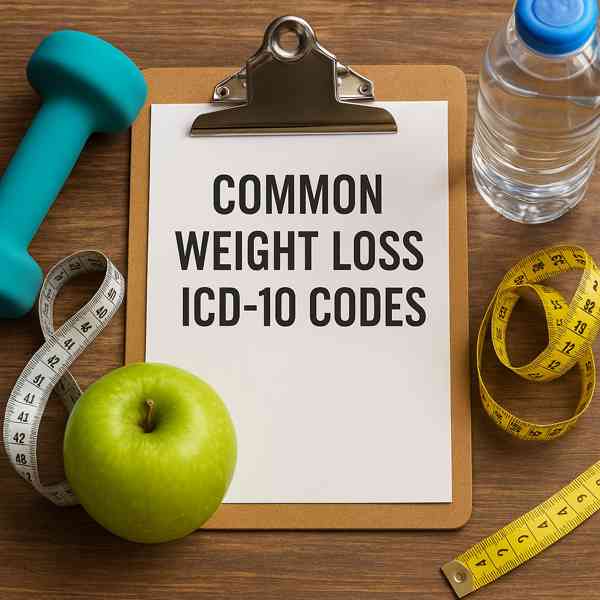ICD-10 Medical Codes for Weight Loss
ICD-10 Medical Codes for Weight Loss
Blog Article

Whether you’re a medical professional, billing specialist, or patient navigating claims, understanding weight loss ICD-10 codes is key.
In this article, we’ll break down what ICD-10 codes are used for weight loss, how to apply them, and what you should know for accurate recordkeeping.
What Are ICD-10 Codes?
ICD-10 stands for the International Classification of Diseases, 10th Revision.
Each diagnosis is assigned a unique code, which is used for:
- Insurance billing and reimbursement
- Organizing medical statistics
- Communicating diagnoses between professionals
Top Codes Used for Documenting Weight Loss
Choosing the correct code depends on the cause, severity, and context of the weight loss.
Key codes include:
- Used when weight loss is unexplained or unintentional
This code applies when a patient loses a significant amount of weight without trying, often due to illness.
- Z71.3 – Dietary Counseling and Surveillance
Often applied in cases involving nutritional intervention or guidance.
- Indicates poor nutrition or unhealthy patterns impacting weight
- E66.9 – Obesity, Unspecified
- E43 – Unspecified Severe Protein-Calorie Malnutrition
When to Use R63.4 for Weight Loss
Use R63.4 when:
- The patient reports significant, unintentional weight loss
- A known condition doesn’t fully explain the weight change
- Used as part of diagnostic workup
Important Notes for Coding Accuracy
To avoid claim denials or coding errors:
- Always specify if weight loss is intentional or not
- Include context like depression, cancer, or malabsorption
- Use supplemental Z-codes for counseling or screenings
- Be sure they make sense in context
Coding for Counseling and Support Services
If you’re coding for a structured weight loss get more info program or health coaching, consider using these Z-codes:
- For nutrition-based support
- Can apply to coaching or fitness counseling
- Z13.21 – Encounter for Nutritional Screening
These codes can support insurance claims for wellness, prevention, and obesity treatment plans.
Ensure Documentation is Clear and Compliant
Whether you’re coding for unintentional weight loss or part of a managed care plan, accuracy matters.
To summarize:
- R63.4 = Unintentional weight loss
- Z-codes = Counseling, prevention, and health maintenance
- E-codes = Nutritional or medical malnutrition
Always consult coding guidelines and payer policies when applying ICD-10 codes. Report this page